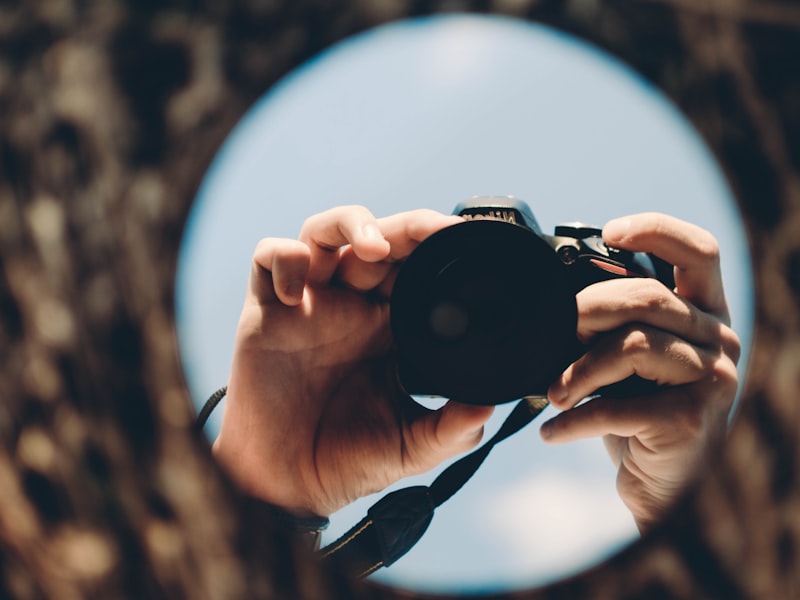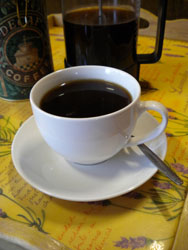The Single Strategy To Use For Hydrogen Water Can Help You Beat Caffeine Addiction


Why is caffeine addiction generally acceptable in society? - Quora
The Ultimate Guide To Quitting Caffeine: A One-Week, Pain-Free Guide - Spartan Race
This combination of drugs threatens enough that the United States FDA considers alcoholic energy beverages unsafe and bans their sale. While This Author can be obtained in some other nations, their usage is inexpedient, as is blending energy drinks and alcohol. The drugs are unsafe largely since stimulants counter many, although not all, of the apparent indications one has intoxicated too much alcohol (a depressant).
The impact of taking a stimulant with a depressant develops a "push-pull" impact on the body, not unlike a speedball. While caffeine is undoubtedly a mild stimulant, it can be really dangerous if an individual consumes excessive alcohol as the stimulant effects wear off. There is a much higher risk that they will mistakenly experience alcohol poisoning, perhaps overdosing on alcohol and having their breathing dangerously slowed and even stopped.
How How to Kick Your Caffeine Addiction and Actually Enjoy Your can Save You Time, Stress, and Money.
What is caffeine? Caffeine is the stimulant in your coffee, tea, chocolate and soda that reduces exhaustion, increases awareness and offers you a boost of energy. It can also trigger sleeping disorders, headaches, dehydration and high blood pressure, if you're not careful. For lots of, caffeine is a tool to help them get up, liven up and focus.

Caffeine Addiction Cure: Overcoming The Caffeine Blues Permanently for a Happy, Healthy Life (Caffeine Addiction, Caffeine Blues, Stimulant, Addicted To, Coffee, Coffee Addiction, Coffee Recipes) - Kindle edition by Cook, GregHealth,
Caffeine is a white, bitter substance that's found naturally in over 60 plants, consisting of coffee beans, tea leaves and cacao pods that are utilized to make chocolate. The U.S. Fda (FDA) considers caffeine to be both a food additive and a drug. The amount of caffeine in your food and drink differs.

Caffeine Addiction and Dependence
3 Simple Techniques For Caffeine Drug Use, Side Effects & Withdrawal - Treatment 4
Coffee can have as little as 2 milligrams of caffeine (decaf coffee) per cup, and as much as 200 milligrams per cup. Your normal tea has about 40 milligrams of caffeine, however it can range from 9 to 110 milligrams. Twelve ounces of soda pop/soft beverage normally has 30 to 60 milligrams of caffeine.

What impact does caffeine have on the body? Caffeine enters your bloodstream from your stomach and small intestine. As soon as in your blood stream, caffeine promotes your central nervous system your nerves, brain and spinal cord to make you feel more awake and alert. Caffeine lowers tiredness and improves focus and concentration.
